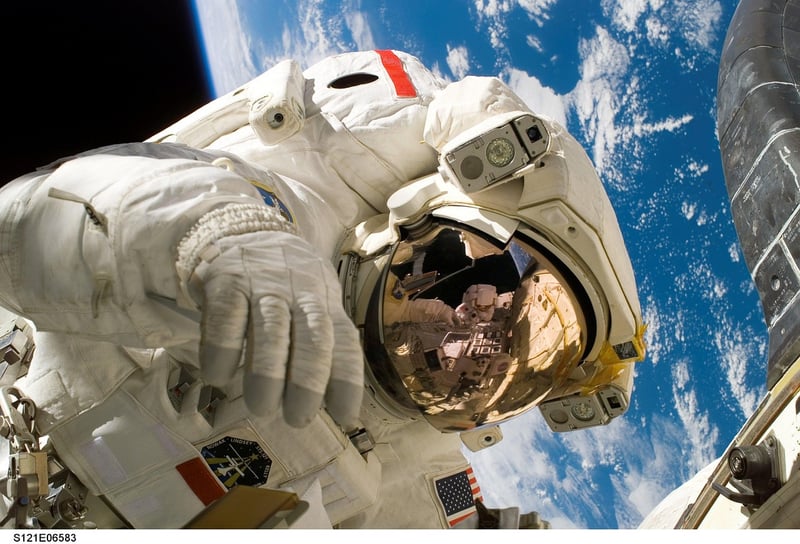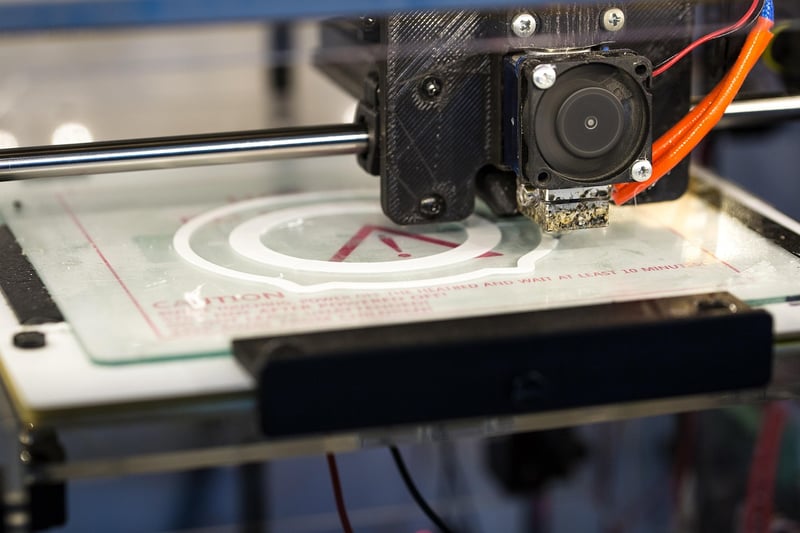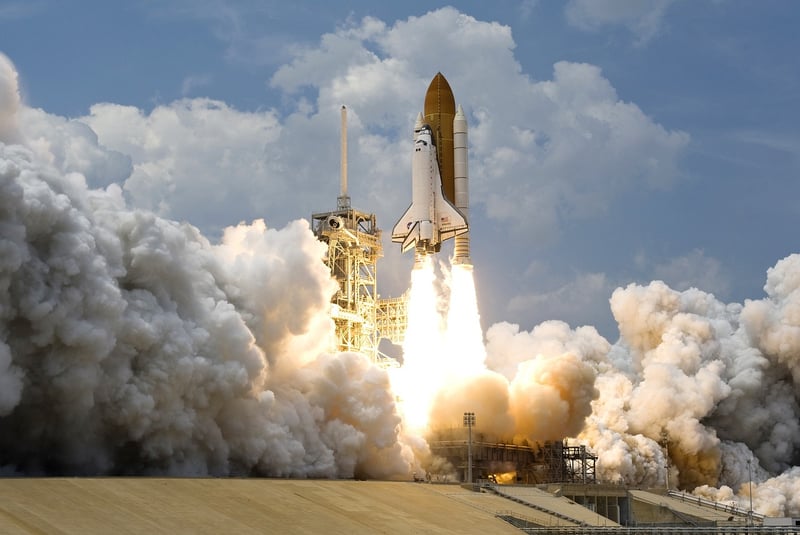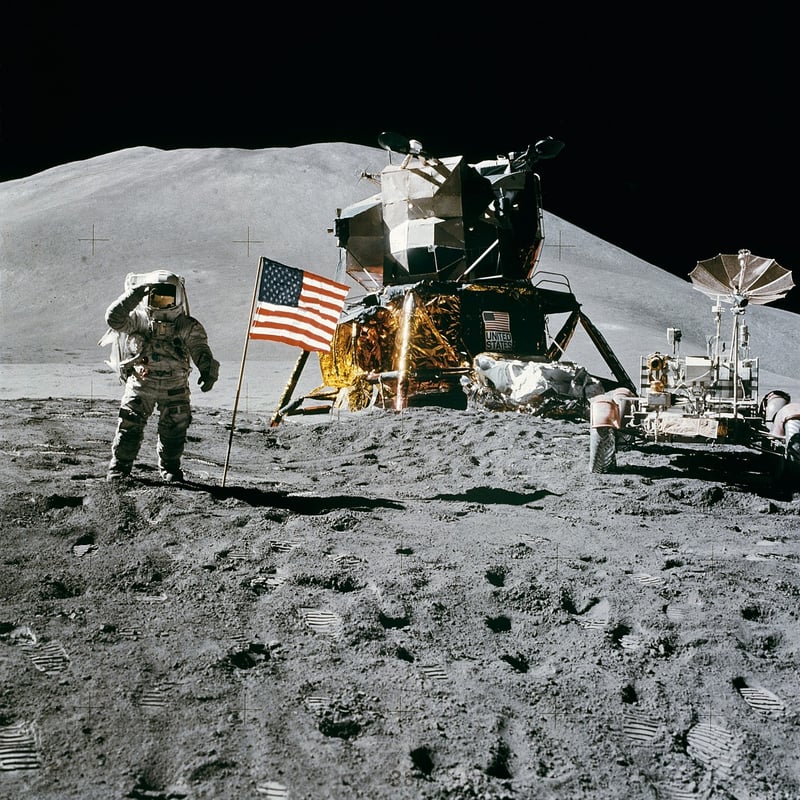Space Exploration
The Future of Space Exploration: Innovations in Cutting-Edge Technology
Space exploration has always captivated humanity's imagination, pushing the boundaries of what is possible and expanding our understanding of the universe. In recent years, advancements in cutting-edge technology have revolutionized the way we explore and study space, opening up new opportunities for scientific discovery and exploration.
1. Artificial Intelligence and Robotics
One of the most significant developments in space exploration is the integration of artificial intelligence (AI) and robotics. AI systems are being used to analyze vast amounts of data collected from space missions, helping scientists make sense of complex information and make informed decisions in real-time. Robots equipped with AI capabilities can also perform tasks in space that are too dangerous or impractical for humans, such as exploring distant planets or repairing spacecraft.

2. 3D Printing
3D printing technology has revolutionized space exploration by allowing astronauts to manufacture tools, spare parts, and even entire structures in space. This capability reduces the need to carry spare parts on long-duration missions and enables on-demand manufacturing of critical components, making space exploration more sustainable and cost-effective.

3. Virtual Reality and Augmented Reality
Virtual reality (VR) and augmented reality (AR) technologies are being used to simulate space environments, train astronauts for missions, and enhance the overall space exploration experience. VR allows scientists and engineers to visualize and interact with complex data in new ways, while AR overlays digital information onto the physical world, aiding in tasks such as spacecraft assembly and maintenance.

4. Ion Propulsion Systems
Ion propulsion systems represent a breakthrough in space propulsion technology, offering higher efficiency and lower fuel consumption compared to traditional chemical rockets. These systems use electric fields to accelerate ions and generate thrust, enabling spacecraft to travel farther and faster than ever before, opening up new possibilities for deep space exploration.

5. Quantum Computing
Quantum computing has the potential to revolutionize space exploration by solving complex computational problems at speeds far beyond traditional computers. Quantum computers could revolutionize tasks such as optimizing spacecraft trajectories, analyzing large datasets, and simulating complex systems, helping scientists make groundbreaking discoveries in space science.

As technology continues to advance at a rapid pace, the future of space exploration holds limitless possibilities. By leveraging cutting-edge technologies, scientists and engineers are pushing the boundaries of what is possible in our quest to unravel the mysteries of the cosmos.
